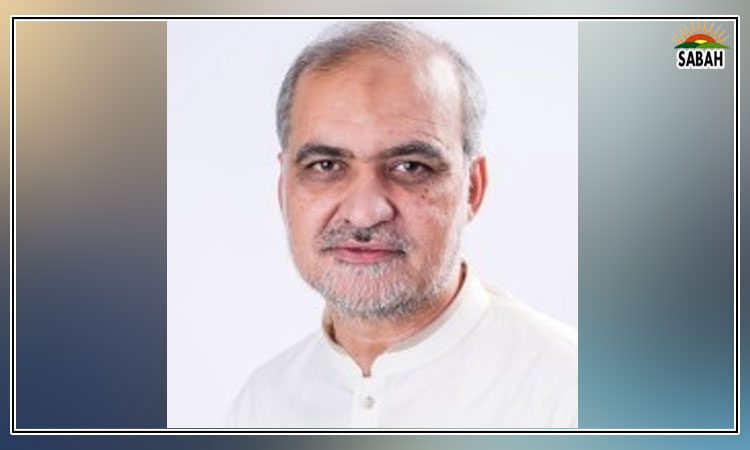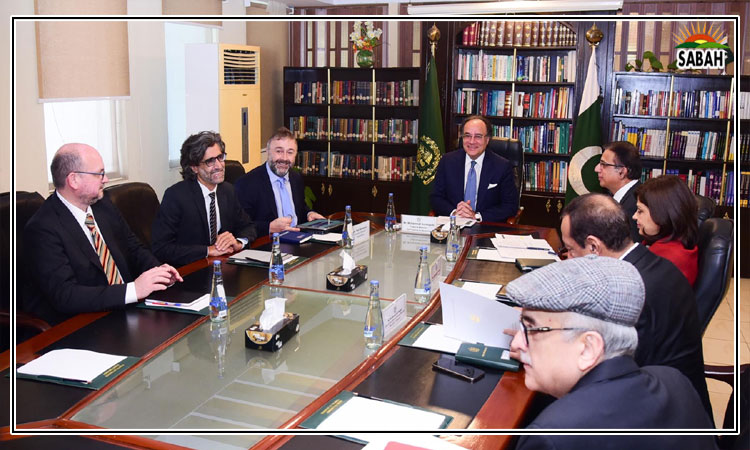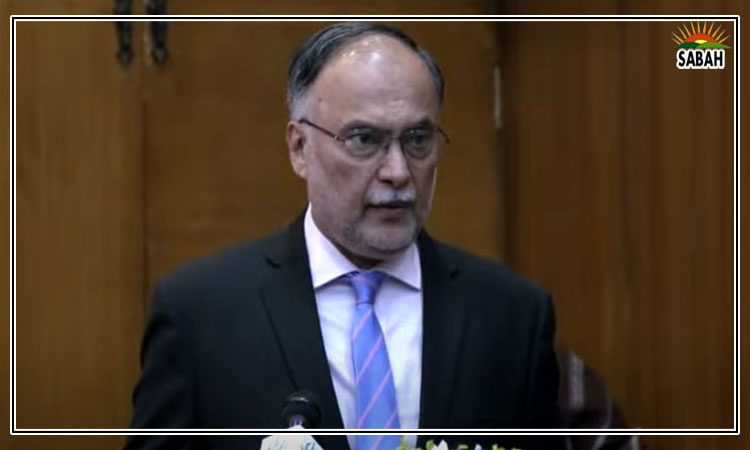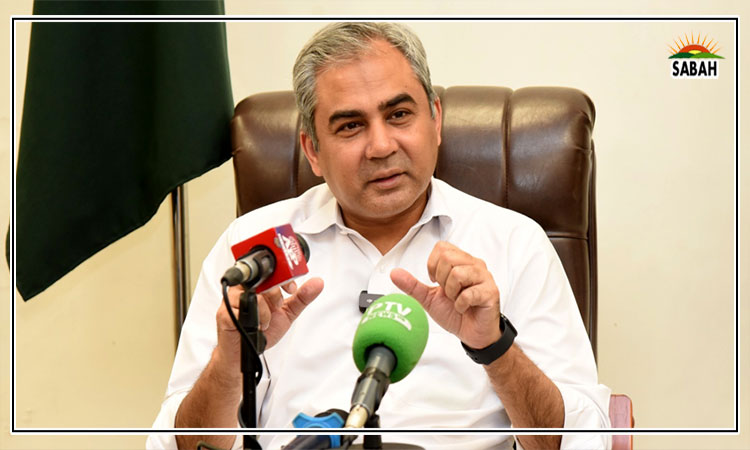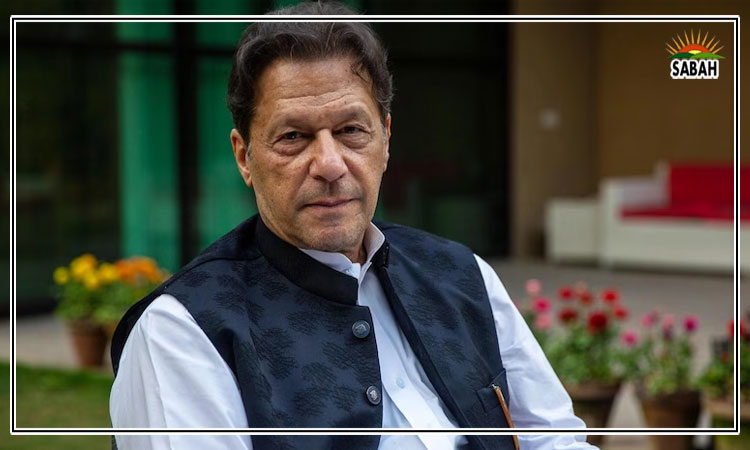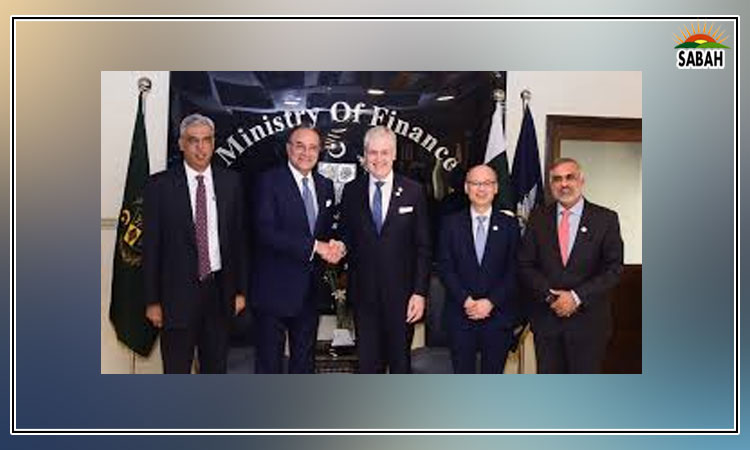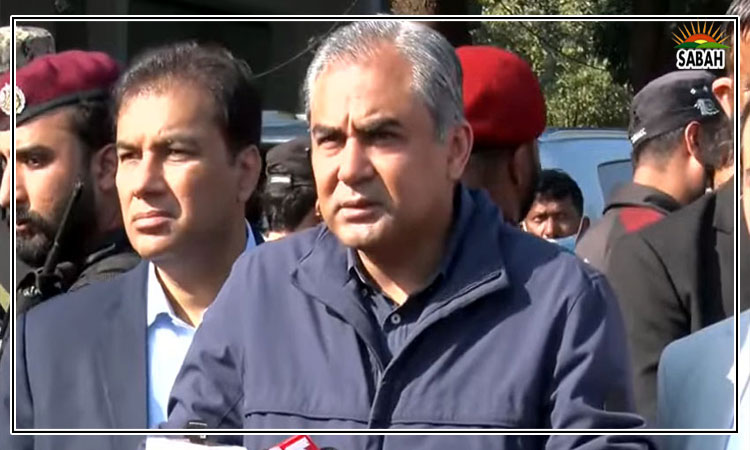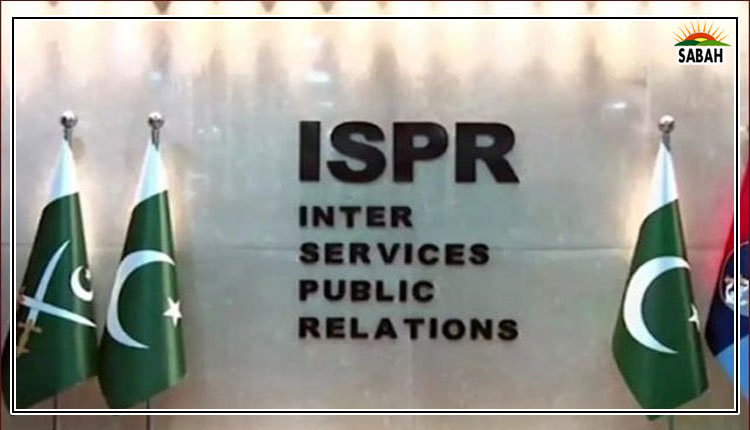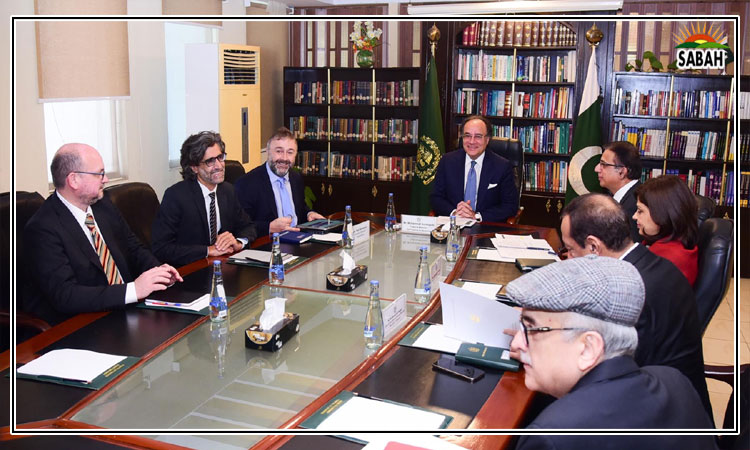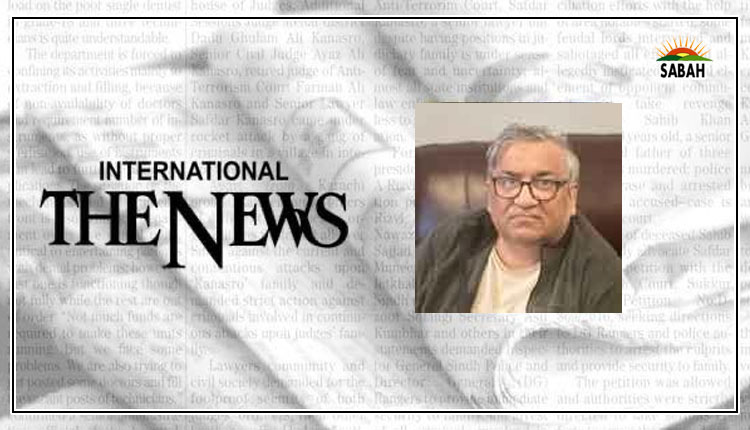Stable options…Asha’ar Rehman
Cleaning the political stables for posterity is the buzzword that has echoed through the history of this country, every regime here quickly finding its own set of supporters who wanted it to continue and succeed beyond the regimes stated objective. A large number of these supporters have been vocal, visibly unperturbed by the undemocratic tag their loud slogans for an outsider earned them.
Not the least significant contributors to perpetuating the order have been those who indicate that, whereas they did not favour disruption of democracy on principle, now that the outside help was here, it could be channeled into achieving something substantial. Throughout the history of Pakistan, without fail, all disruptions of the system have been followed by these calls to the regimes to wash the political arena clean of its dirty practitioners.
Ayub Khan was bad for us. If this was what the realization ultimately was among a majority of his subjects, there are more than broad hints in accounts of his rule about those who didnt necessarily like him but still wanted him to succeed in one basic task: reforming national politics and ridding it of its villains (read: unwanted politicians).
Years later, there was no shortage in the country of people who did not exactly hail Gen Ziaul Haqs rise as yet another martial law administrator yet they found themselves wishing him well on his campaign for correcting the path of politics for the future generations of Pakistanis. There were prospects of good that could emanate from an ugly occurrence in the history of the nation.
You did not necessarily have to subscribe to Zias ideology in its entirety to be able to see the benefits that could come out of the generals search for those honest people who he thought were fit to indulge in politics in not so much the land of but for the pure. The great intellectuals of the time who offered consultancy to Gen Zia on issues of utmost national importance knew that no people are ever free of a desire for improvement in the lot who lead them.
The eventual truth defied the scheme run by the brains that supervised that martial law. After undergoing many twists and turns, the system under Zia and his able companions was made to deliver an honest alternative Muhammad Khan Junejo. Zias clash with his own creation should have once and for all clarified what the real issue was. But the real import of the moment was conveniently ignored and no one has shown the courage and inclination to address the conflict between the errant politician and the powerful outsider who must intervene at will.
Instead Pakistan has repeatedly been a venue for the cheap show where the audience is treated to the same old formula theme woven around the blundering politician and his unending anti-people antics that unsurprisingly justifies the arrival of the cleanup squad at any moment during the proceedings.
The method may differ from Ayub Khans honest (and competent?) crop of basic democracy members to Gen Pervez Musharrafs prescription under which those holding bachelors degrees were supposed to reinvent and reestablish a dignified political culture on the ruins of a badly corrupted society. Many deals later, came the grim reminder about what was really at stake here. Gen Musharraf was eventually forced to offer a compromise to politicians because of external pressures and the internal dynamics of a people long fed on the ideal of representative rule participated in by groups of people with varied interests in the state.
These very beneficiaries of the deal by a military dictator who went on to outsmart Gen Musharraf in their turns in power did try to address the problem in their own ways, parading in public what appeared to them were viable power-sharing formulas. They failed since it seemed that the other party in the equation was happy with what they had and did not fancy change. The sequence of national history is worth going over whenever these calls for accountability and cleanup make a return in Pakistan, backed by a growing number of people in the country living on the edge.
It could be said that the cycle will never end but that would be defeating the all-sustaining belief that the peoples understanding and their choices does and will ultimately prevail. At such a juncture, like always a couple of points must be clear. One, these are two different problems that are easily confused at a great cost to the people. Two, to think that an actor which is party to a power-sharing conflict at heart can shed the complainants clothes for the reformers outfit would only lead to further complicate the issue and never resolve it.
Courtesy The News


